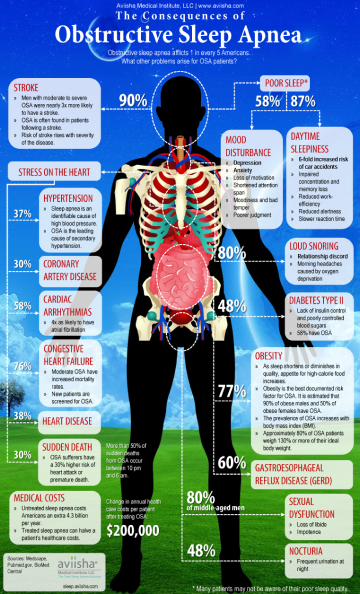Sleep Therapy

The two most common sleep disorders are insomnia and obstructive sleep apnea (OSA). Insomnia is the inability to fall asleep or the drive to stay awake and OSA is slowed breathing at night that causes repeated awakening unknown to the patient.
What you should KNow:
Snoring is not normal, snoring itself has been linked to an increased risk for cardiovascular disease. Some studies show that snoring is 90% predictive of OSA but you don’t have to snore to have OSA.
Mayo Clinic research recently showed that 91% of 942 patients who failed drug therapy for insomnia were found to have OSA
Untreated OSA is linked to the development of many conditions, such as:
- Stroke
- Poor Sleep
- Obesity
- Hypertension
- Congestive Heart Failure
- Gastroesophageal Reflux Disease

Oral appliance therapy can be very effective in treating patients who snore and those suffering from mild to moderate sleep apnea. Oral Appliance Therapy requires wearing a customized oral appliance. This appliance serves to physiologically prevent the collapse of your airway by stabilizing your lower jaw, tongue, and soft palate. There are over 115 different variations of these customized appliances making a comprehensive evaluation paramount for selecting the best device for you. Additionally, if severe sleep apnea patients are unable to tolerate a CPAP machine, they can be fitted with an appliance that positions the lower jaw and tongue to provide optimal airflow during sleep.

